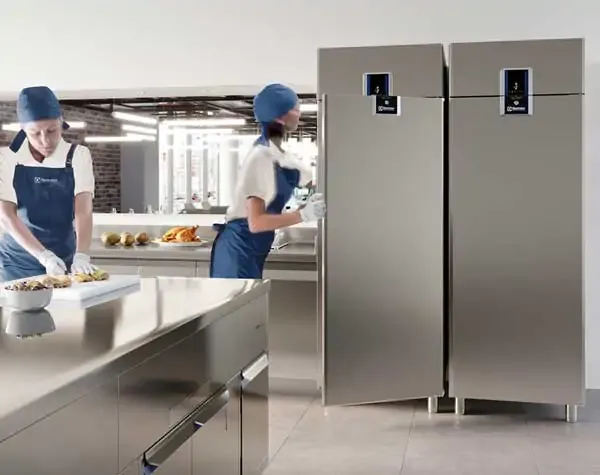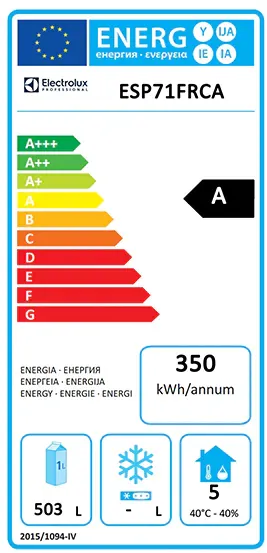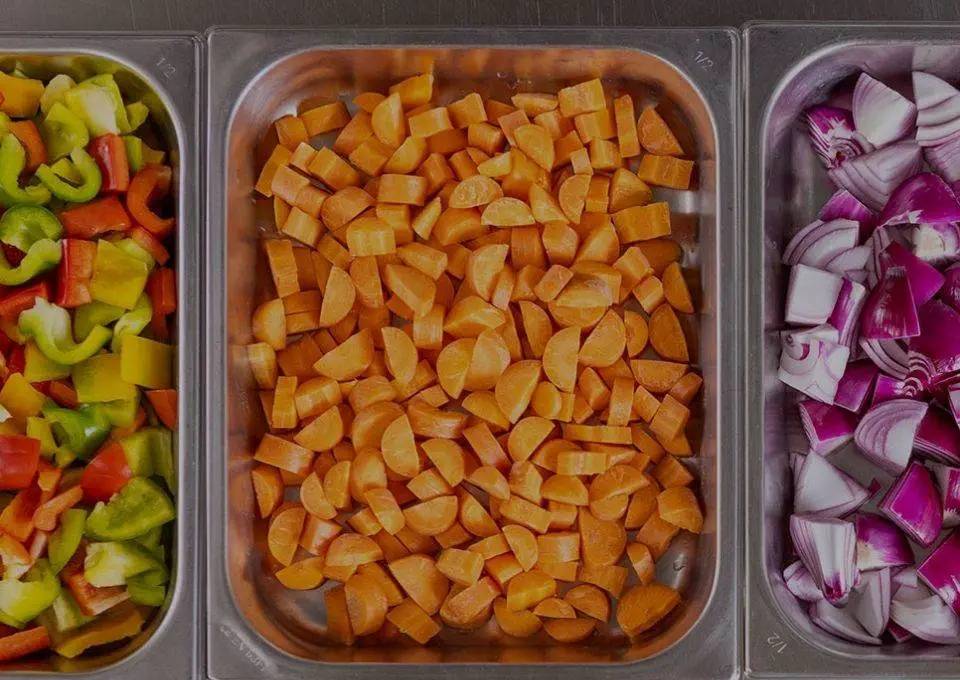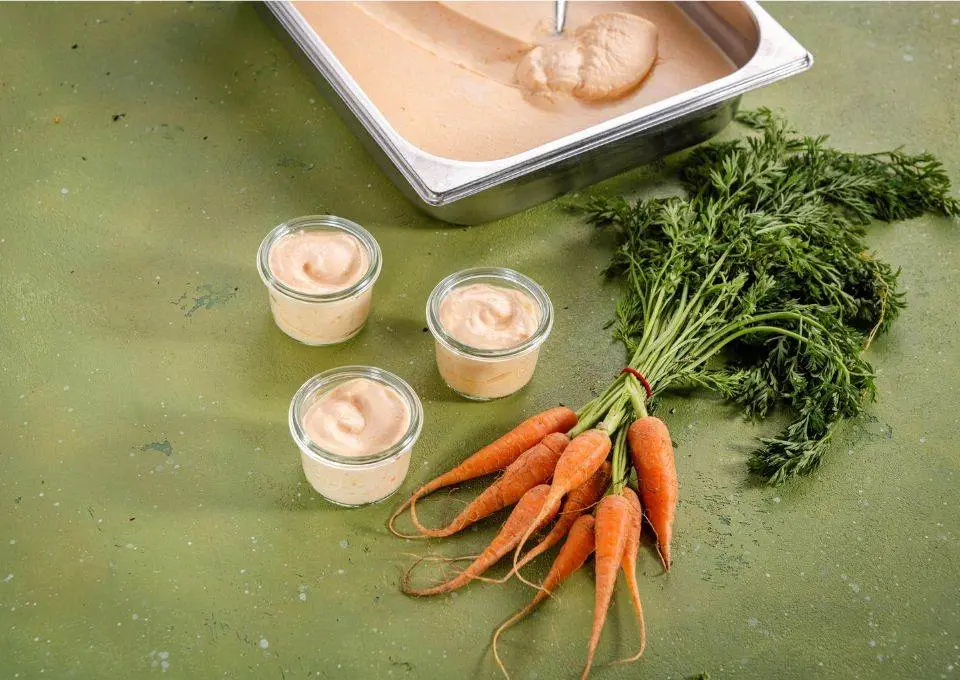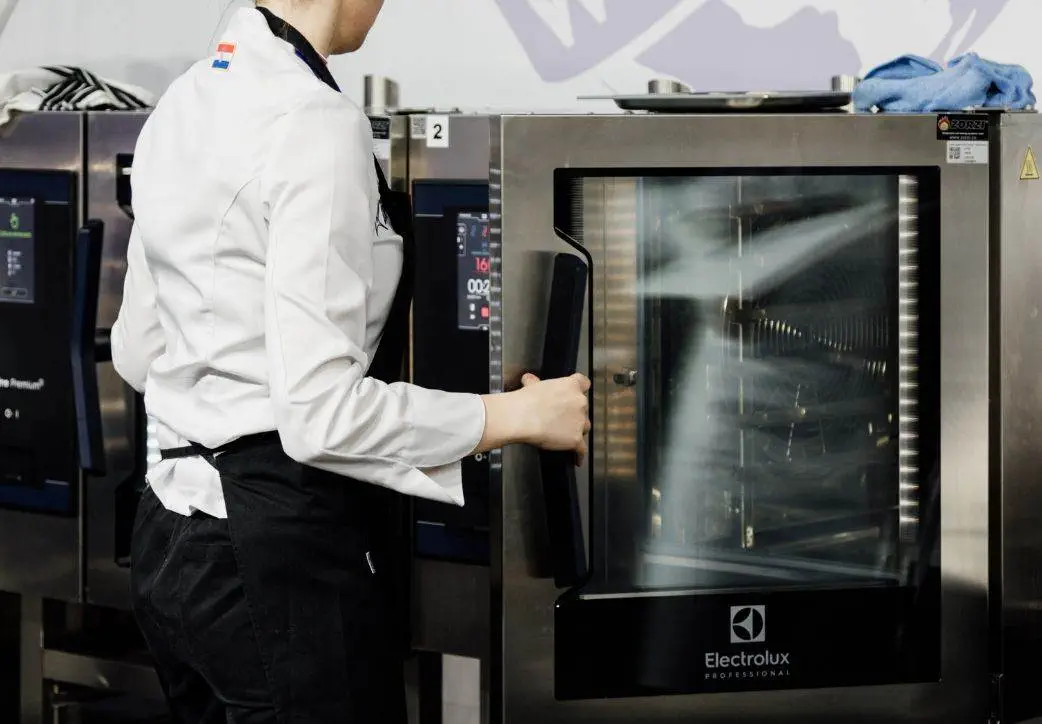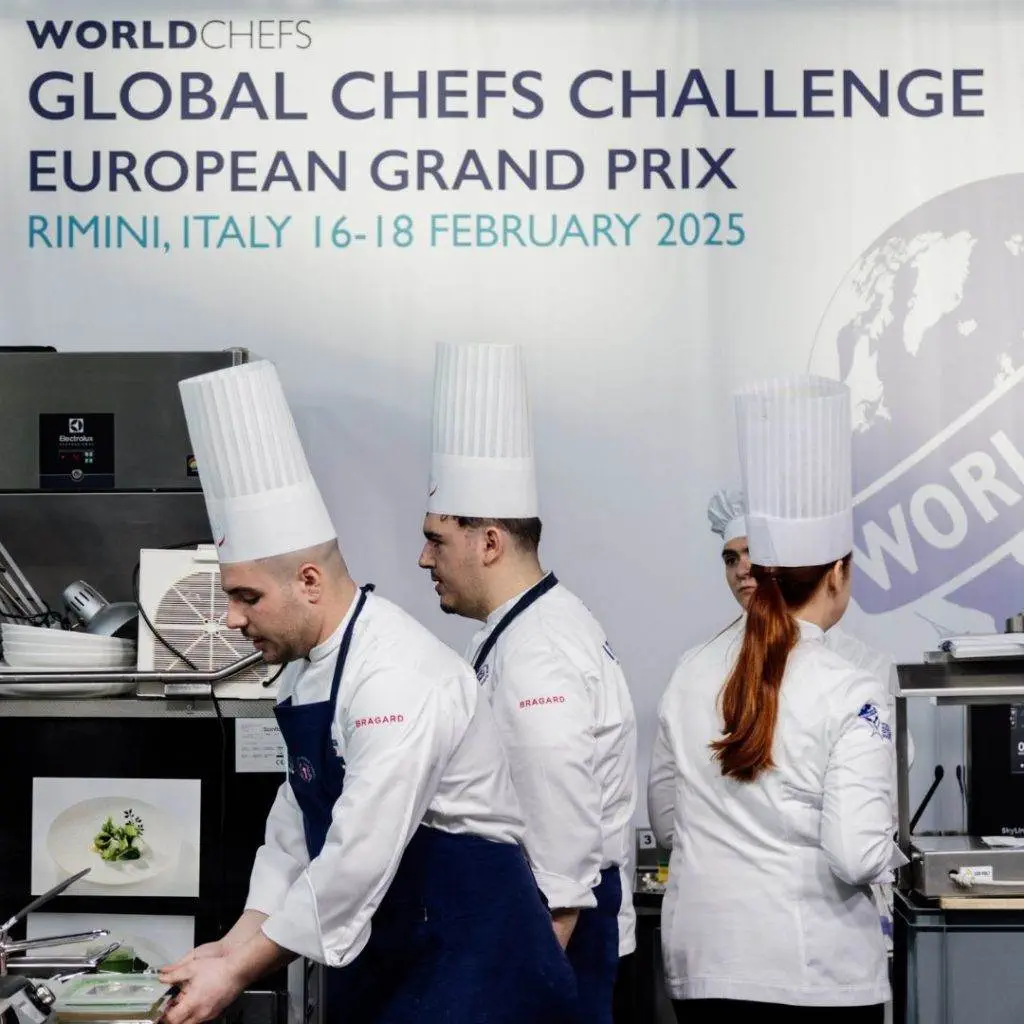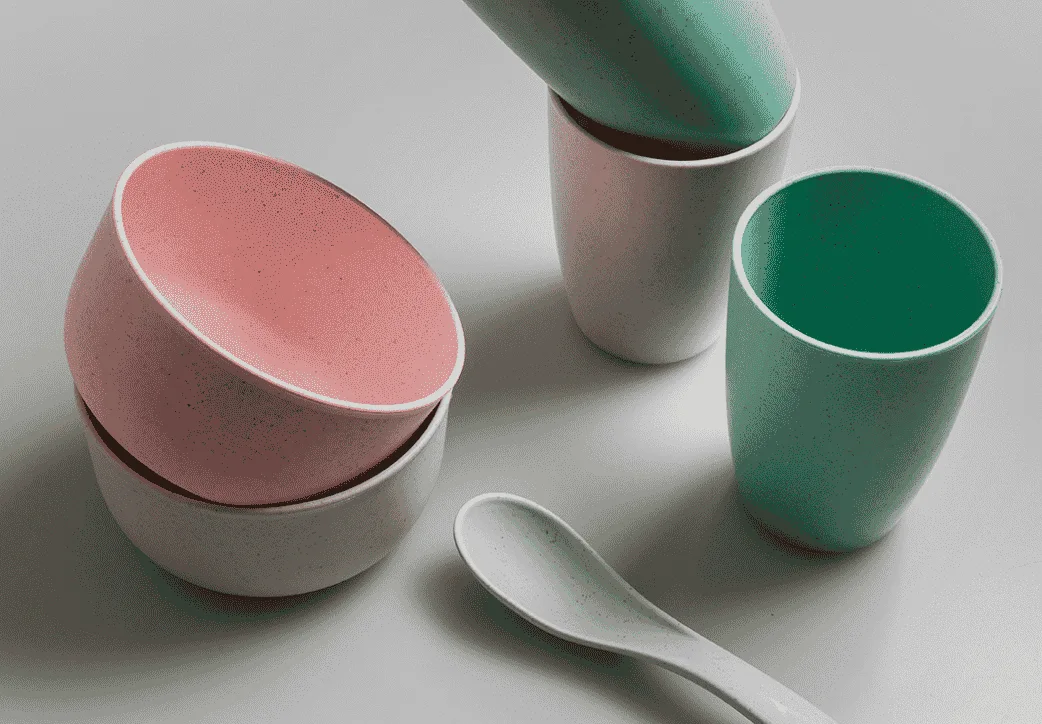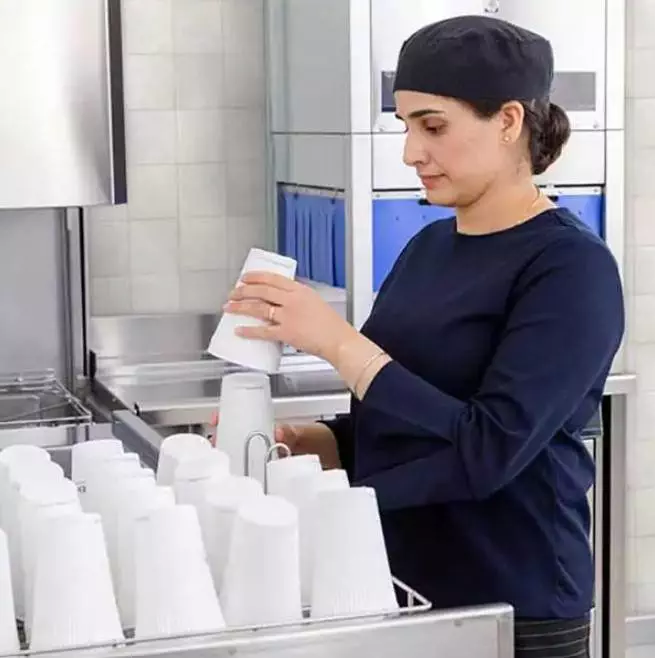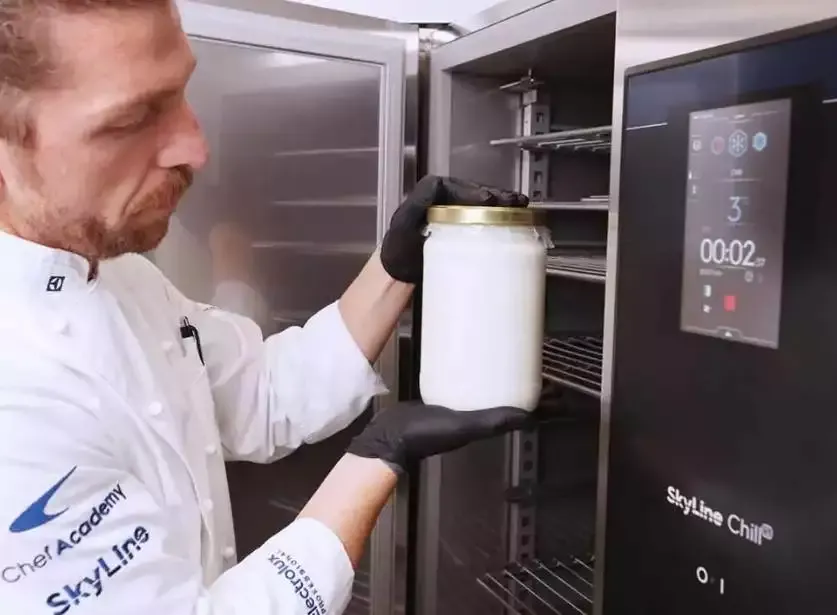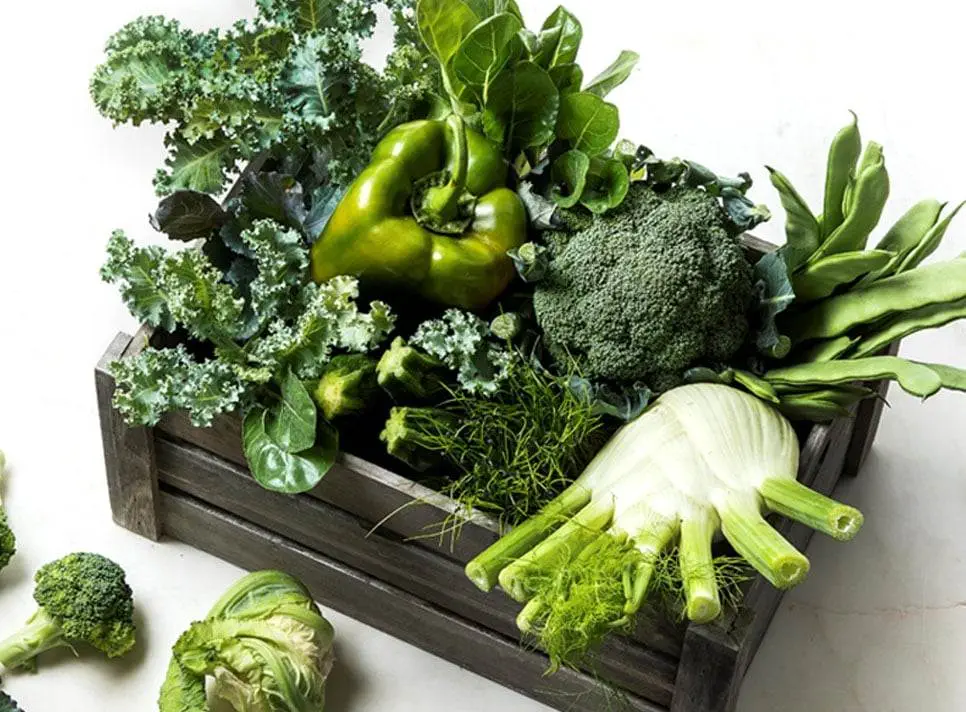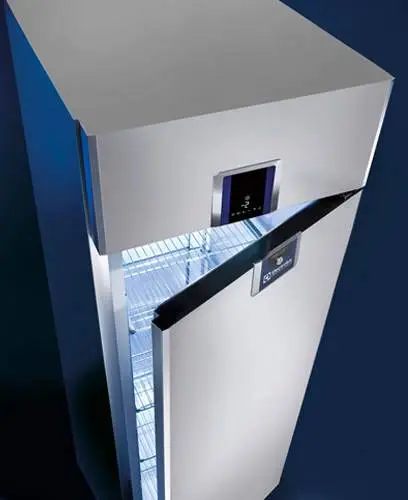Gone are the days when dining out was solely about convenience and flavor. Today’s environmentally conscious consumers are looking for more: they’re interested in knowing where their food comes from, how it’s produced, and the impact their choices have on the planet. This shift in consumer behavior translates to a growing willingness to pay a premium for meals that boast eco-friendly credentials. If a restaurant can demonstrate that its ingredients are sourced responsibly and sustainably, diners are happy to open their wallets a little wider, knowing their meal contributes to a healthier planet. This green wave is transforming the restaurant industry, with eateries across the culinary spectrum embracing sustainable practices to cater to this discerning clientele.
Far from a flash-in-the-pan trend, sustainability is becoming an integral part of restaurant operations. From investing in energy-efficient restaurant cooking equipment to finding innovative ways to reduce food waste, the best restaurants are increasingly looking for ways to bring eco-conscious dining to the fore.
Not only is it the right thing to do from an ethical perspective, but a move to greener operations also has a positive impact on business. So, what can you do to align your business with the shifting landscape of restaurant sustainability?
Quick and easy ways to run a kitchen more sustainably
There are many ways you can create a more sustainable commercial kitchen and steer your restaurant towards a greener future. With increasing advancements in innovation and technology, purchasing energy-efficient kitchen appliances can have a massive impact on your kitchen’s overall environmental footprint.
From energy-smart ovens and stovetops to efficient refrigerators, the right kitchen equipment can help restaurants save money and keep up in a fast-paced industry. Energy-efficient restaurant kitchen equipment can also help boost productivity, with streamlined cooking times and reduced waste.
Many restaurants are choosing to swap plastic for sustainable packaging and takeaway containers, made from biodegradable materials like bamboo, and are also shifting to reusable options, all in order to reduce the amount of waste generated. The prevalence of takeaway culture can pose a severe threat to our environment if we don’t work towards making packaging as sustainable as possible.
Finally, using locally sourced produce and cheaper, more environmentally friendly cuts of meat are simple ways to help run a more sustainable commercial kitchen. This approach can inspire creativity in chefs; it is something you can add to your menus to educate customers and can lead to tastier ingredients, too.
How sustainability can increase profitability for a restaurant
Embracing a more eco-conscious mindset can lead to an uptick in profits. Switching your focus towards plant-based dishes in favor of expensive meat or fish can have an immediate impact on your bottom line. Collaborating with local food distributors and focusing your menus on locally sourced ingredients reduces transportation costs, and integrating cost-effective ingredients into a well-run menu management system can help deliver excellent cuisine at lower price points.
All of which are linked to the customer experience. If your clientele understands that you’re dedicated to using local ingredients, sustainably sourcing meat and fish, and shifting towards eco-friendly materials in the kitchen, they will be more likely to be repeat customers and recommend your restaurant to friends and family.
The importance of reducing food waste
Reducing food waste in restaurants is a huge part of modern sustainability. As consumers, we’ve become more health-conscious and eco-aware than ever before. More and more people are interested in making the most out of ingredients to create delicious, nutritious meals.
That’s why Electrolux Professional has launched their “zero waste, all taste” initiative to demonstrate how it’s possible to make use of ingredients that are so often thrown away, not only for the sake of being sustainable, but to create delicious gourmet food.
This full-service concept includes equipment, pre-sale services, maintenance contracts, staff training, recipe development, payback calculation and food cost analysis, designed to demonstrate how simple, inexpensive ingredients can be used to create something special.
Kitchen management is also key. Restaurants need a better understanding of their pre- and post-consumer waste. From better portion control to implementing leftover donation programs, a modern kitchen needs to be forward-thinking when it comes to tackling food waste.
Updating the equipment can play a critical role
Energy-efficient kitchen equipment is central to ensuring kitchens operate in a streamlined way, with reduced food waste, energy use, and costs. And emerging technologies can help kitchens stay ahead of the curve, with appliances that blend smart features with intuitive design for a more efficient, productive back-of-house.
Food waste, in particular, is impacted by your refrigerator’s performance in terms of humidity and temperature. Therefore, a well-functioning refrigerator is able to strongly prolong the life of the food it contains.
Electrolux Professional’s range of kitchen solutions is geared towards creating a more sustainable restaurant and can save up to 20% on energy costs. The SkyLine Combi Oven, for instance, utilizes state-of-the-art AI technology with the “Plan-n-Save” function to optimize your cooking and minimize your spending; it features an integrated automatic cleaning system that reduces water and energy costs while guaranteeing your appliance’s long-term efficiency and performance. The SkyLine Blast Chiller grants lower running costs, elimination of food waste, and reduction of time to serve, while maintaining food quality and safety.
Cleaning up is greener and more streamlined than ever before. Electrolux Professional’s dishwashers use less energy, water, detergent and rinse aid, which can save up to $1,125 per year.
By replacing an old professional refrigerator in class G with a new one in class A from the Electrolux Professional High Performing and Efficiency line (their best in class for energy consumption and real usable capacity), you can potentially cut your electricity bill by up to 80%*.
Conclusions
With emerging technologies and shifting customer expectations, modern commercial kitchens need to ride the green wave and embrace sustainability. When it comes to eco-conscious kitchens, Electrolux Professional is leading the charge. As an industry leader with expertise in helping restaurants operate at high levels of efficiency and excellence, Electrolux Professional can elevate your kitchen and take your performance to the next level.
To discover how, click here.
*Calculated on a 503lt (net volume) full-door refrigerated cabinet, replacing a class G appliance with a class A one.
